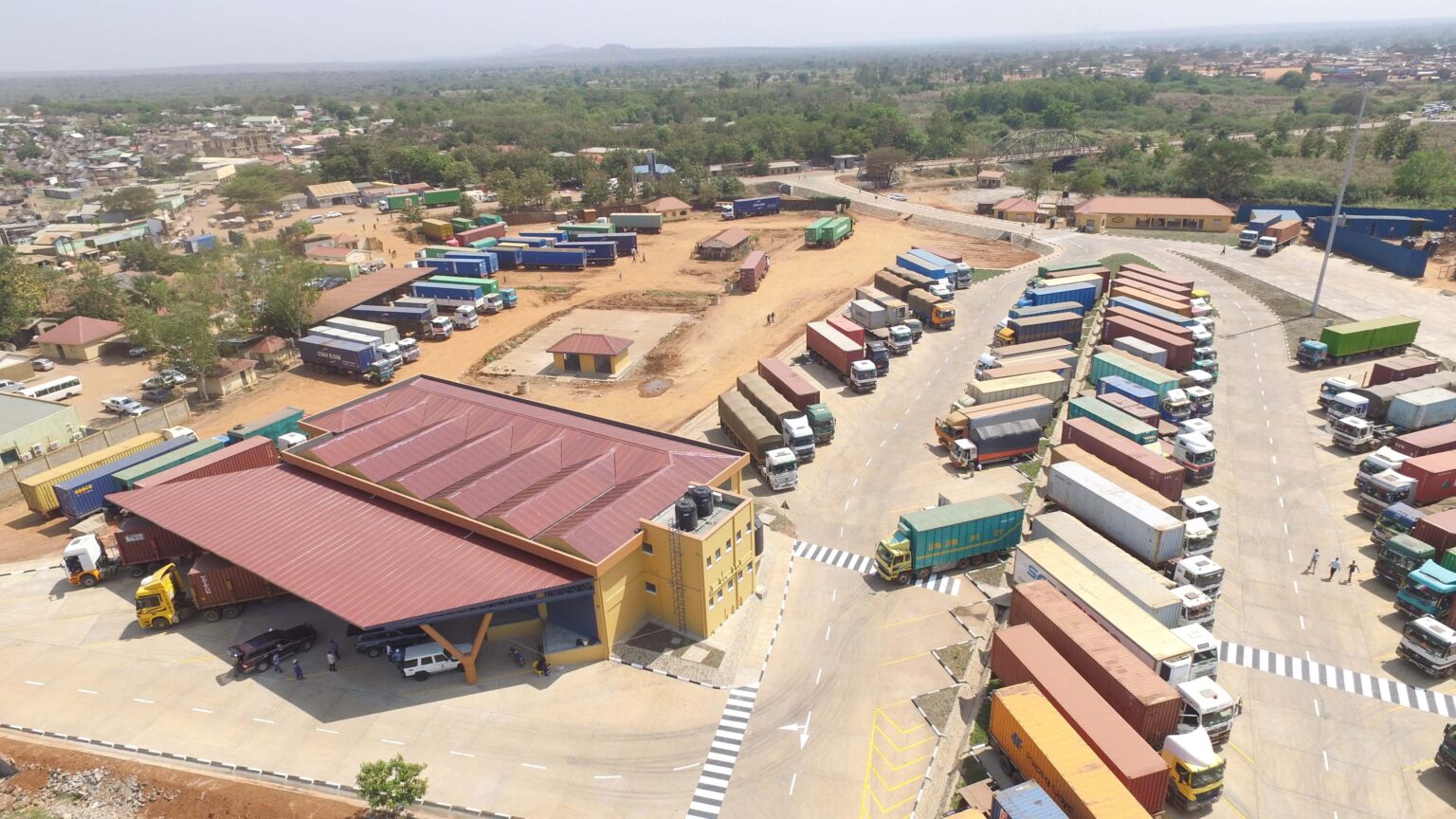- In 2020, South Sudan’s exports summed up to US$87 million to the EAC member states, while imports amounted to US$573 million
- They (traders) explained that the delayed implementation of the EAC Single Customs Territory by South Sudan causes delays in cargo clearance at the border
- EABC urged the EAC secretariat to bring together more resources to support South Sudan to finalise the construction of a One-Stop Border Post
Trade in East Africa
The East African Business Council is persuading the Republic of South Sudan to fully implement the East African Community’s Single Customs Territory to accelerate Intra-EAC trade.
Traders, transporters and clearing and forwarding agents spoke at the EABC-TMEA Public-Private Dialogue at the Elegu/Nimule One-Stop Border Post. They explained that the delayed implementation of the EAC Single Customs Territory by South Sudan causes delays in cargo clearance at the border.
The traders and transporters noted that, at times, trucks await clearance up to two days in the parking lot.
Read: EAC budget prioritizes Single Customs Territory, infrastructure
South Sudan joined the East African community joined the EAC in April 2016, after being the youngest nation to gain independence on July 9, 2011. In 2020, South Sudan’s exports summed up to US$87 million to the EAC member states, while imports amounted to US$573 million. In contrast to the year 2016, the exports and imports to the same stood at US$2.6 million and US$400 million respectively.
According to the International Trade Center, South Sudan exported US$86 million and imported US$357 million from Uganda in 2020.
The One-Stop Border Post-conviction is not operational because of the delays in the construction in the South Sudan side. South Sudan’s custom agency officials operate on the Ugandan side of the OSBP facility as the integration of other trade facilitation agencies is still awaiting approval.
Traders and custom agency officials called for the digitisation and the adoption of technology of the customs systems to avoid the pressure, delays and inaccuracies of the manual processing of documents by the South Sudan customs officers.
Challenges faced by cross border traders at the Elegu/Nimule OSBP.
- There are high costs incurred in COVID-19 testing at the border, which currently costs US$25 daily on the Ugandan side.
- Inadequate knowledge of the customs procedures by the cross-border traders.
- Delay in construction of the cross-border market to ease trade and storage of goods.
- There are long traffic queues at the Elegu/ Nimule border on the South Sudan side, impacting the transportation of perishable goods such as bananas, fish, and cabbages.
Other issues raised and discussed in the EABC-TMEA dialogue to facilitate trade between South Sudan and East Africa include:
Read: Intra-EAC trade falls to $5.63 billion from $5.8 billion
- Roadblocks from Elegu to Gulu, on the Ugandan side, to be handled by at least five security personnel for a distance of one hundred kilometres.
- The Joint Border committee should organise periodic meetings to resolve some of the issues arising between cross-borders traders.
- Transfer of knowledge to traders concerning the Simplified trade Regime by the cross-border traders and the customs agencies.
- Road Infrastructure on the Nimule side needs redevelopment as the road is narrow to accommodate the growing traffic from South Sudan to the OSBP facility on the Ugandan side.
- Traders called for the revision of the costs of COVID-19 testing. Private laboratories on the South Sudan side are currently charging US$50 for testing Coronavirus due to a breakdown of the government’s testing facility at the Elegu/Nimule border.
EABC supports women cross border traders. [Photo/Global Intergrity] - South Sudan does not have a cargo scanner, and they only depend on manual verification, which is time-wasting and affects the turnaround time.
- Construction of holding facilities for animals suspected to have diseases and other health complications at the border ensures only quality animals are imported into the East African Community countries.
- Traders also complained about harassment by security personnel at the OSBP border, such as asking for bribery and confiscating their merchandise.
- Lack of capital by cross-border traders primarily due to covid19 measures of total lock-downs.
- Manual systems on South Sudan in the clearance of merchandise across the border, leaving room for corruption tendencies.
A united East African Community will have higher bargaining in the African Continental Free Trade Area. The creation of a single Custom area will also facilitate free movement of the factors of production, which will allow for industries in the region to thrive.
Read: Common market boosts Intra-EAC trade to 60%
